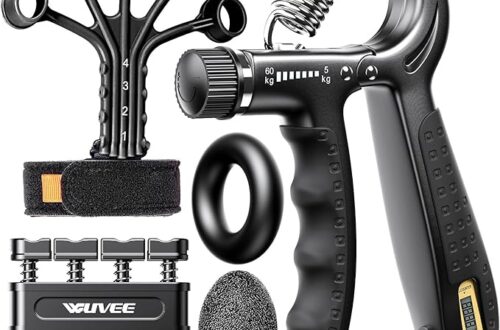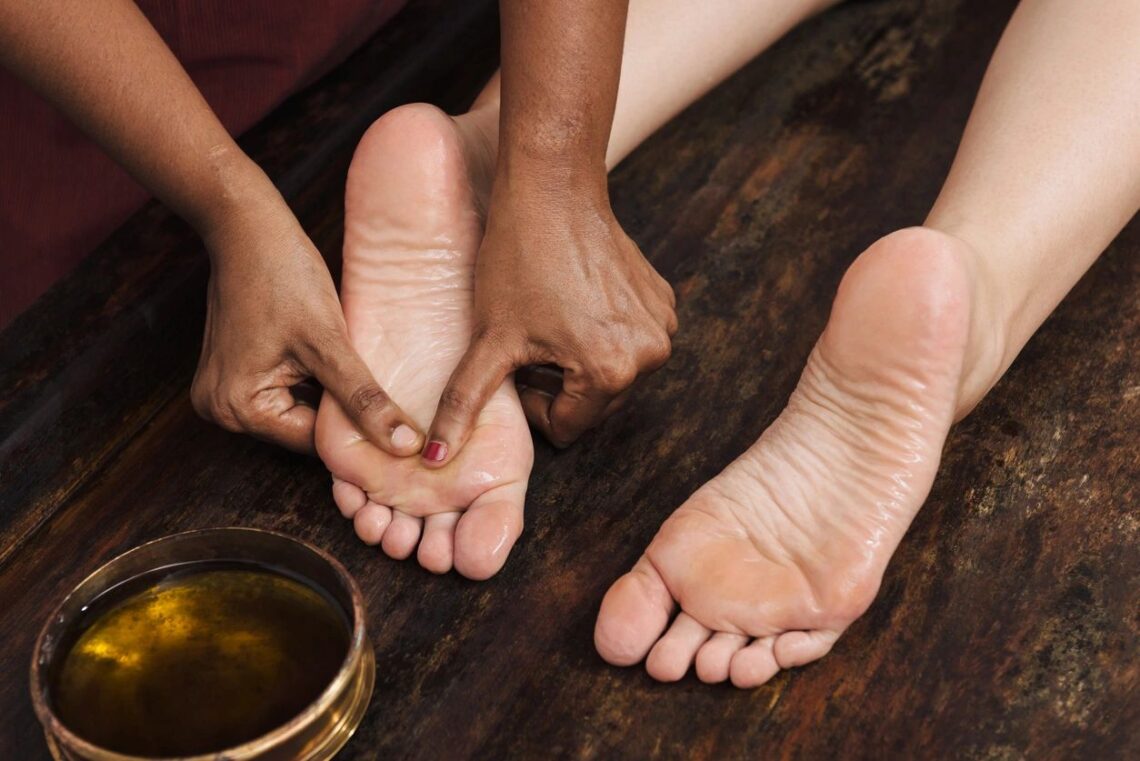Recreational therapy offers a unique and engaging approach to stroke rehabilitation, blending enjoyment with therapeutic goals to enhance physical, cognitive, and emotional recovery. By incorporating leisure activities that stroke patients find meaningful, recreational therapy can significantly contribute to their overall well-being and rehabilitation progress. Physical Engagement Through Leisure Activities Activities such as walking in nature, swimming, or adaptive sports are not only enjoyable but also improve motor skills and endurance. These physical activities encourage the use of affected limbs in a natural, enjoyable setting, promoting strength and coordination in a less clinical environment. Cognitive Stimulation with Creative Pursuits Creative pursuits…
-
-
Occupational therapy plays a pivotal role in the rehabilitation journey of stroke survivors, aiming to enhance their ability to perform daily activities and improve their quality of life. A critical component of this process is the use of specialized assessment tools that help occupational therapists evaluate the patient’s functional abilities, identify areas of need, and develop personalized treatment plans. This article delves into the various occupational therapy assessment tools specifically designed for stroke patients, highlighting their importance and how they contribute to the rehabilitation process. The Purpose of Occupational Therapy Assessments Occupational therapy assessments for stroke patients serve multiple purposes.…
-
Upper extremity exercises play a crucial role in the rehabilitation of stroke patients, aiming to restore function, improve mobility, and enhance the quality of life. Following a stroke, individuals often experience varying degrees of paralysis or weakness in the arms and hands, making daily activities challenging. This comprehensive guide delves into the importance of upper extremity exercises for stroke patients, outlining effective strategies and exercises designed to facilitate recovery and independence. The Importance of Upper Extremity Rehabilitation Stroke rehabilitation requires a holistic approach, with upper extremity exercises being a cornerstone of therapy. The primary goal is to regain lost skills,…
-
Occupational therapy stands as a beacon of hope and empowerment for stroke survivors, guiding them through the complexities of recovery with the aim of restoring their independence and improving their quality of life. Following a stroke, individuals often face daunting challenges in performing daily activities, a consequence of the physical, cognitive, and emotional impairments the stroke may leave in its wake. Occupational therapy for stroke patients is meticulously designed to address these challenges, employing a variety of tools and strategies to assist patients in reclaiming their ability to navigate everyday tasks. At the heart of occupational therapy is the use…






